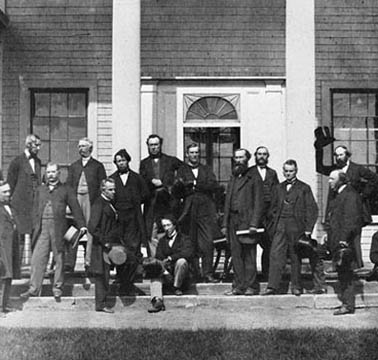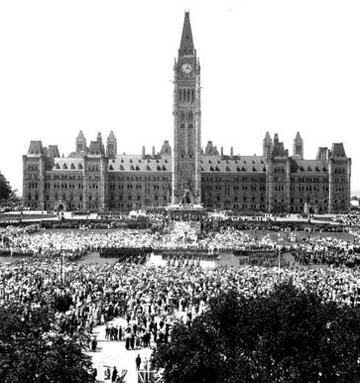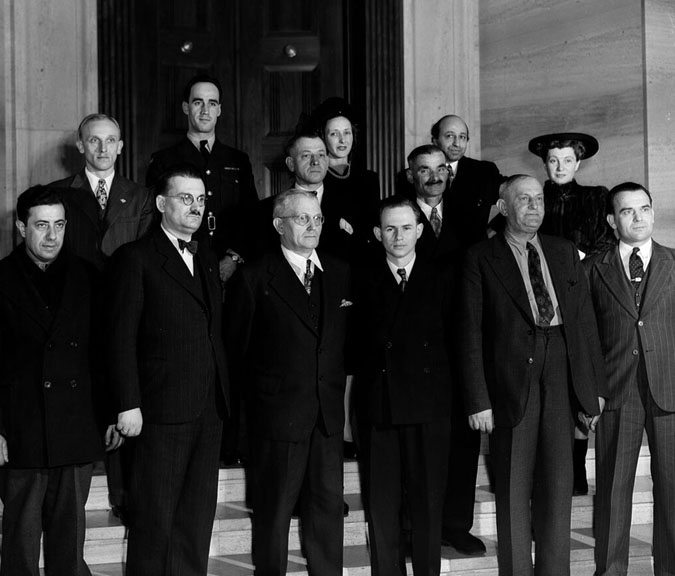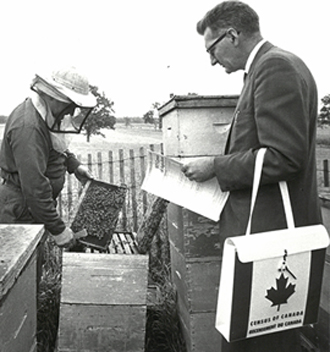Happy Canada Day 2024 … a time to remember the ultimate destiny of the Canadian democracy that still lies ahead!
Jul 1st, 2024 | By Counterweights Editors | Category: In Brief
COUNTERWEIGHTS EDITORS, GANATSEKWYAGON, ON, CANADA. MONDAY, JULY 1, 2024. This is the 157th anniversary of the Canadian confederation of 1867 — and the 77th anniversary of the first Canadian Citizenship Act that took effect in 1947.
(During the 80 years from 1867 to 1947 residents of the confederation of the old British North American provinces in the most northern geography of the continent were just “British subjects” living in Canada.)
Whatever else, Canada as we know it now started as the first self-governing dominion of the global British empire. And almost as much time has elapsed between the first Canadian Citizenship Act of 1947 and the present (77 years), as between the launch of the first dominion in 1867 and the first citizenship legislation in 1947 (80 years).
It is finally an intriguing coincidence as well that Canadian confederation began just two years after the end of the American Civil War in 1865, and Canadian citizenship began at last just two years after the end of the Second World War in 1945.
Four steps to the creation of what we now call Canada Day

According to the Government of Canada today, what we now call Canada Day was created in four main steps :
(1) “July 1, 1867: The British North America Act (today known as the Constitution Act, 1867) created Canada” (as we now understand the Indigenous word “Canada”).
(2) “June 20, 1868: Governor General Lord Monck signs a proclamation that requests all of Her Majesty Queen Victoria’s subjects across Canada to celebrate July 1.”
(3) “1879: A federal law makes July 1 a statutory holiday as the ‘anniversary of Confederation,’ which is later called ‘Dominion Day.’”
(4) “October 27, 1982: July 1, ‘Dominion Day’ officially becomes Canada Day.”
The long journey to the end of the Dominion of Canada
In fact the transition from first self-governing dominion of the old global British empire to independent “free and democratic” Canadian member state of the modern (and still more global) United Nations has a few additional less “official” nuances.

“Dominion Day” did not officially or legally become “Canada Day” until 1982 — the same year as the Constitution Act, 1982 (which “patriated” the old British North America Act, 1867 from the United Kingdom, and renamed it the Constitution Act, 1867). But the use of the term “dominion” to describe the status of the Canadian federal government had begun to fade from popular usage several decades before the 1980s.
In the mid 1940s, the lawyer and constitutional scholar Frank Scott “theorised that Canada’s status as a Dominion ended when Canadian parliament declared war on Germany on 9 September 1939, separately and distinctly from the United Kingdom’s declaration of war six days earlier.”
(In the First World War 1914–1918 — unlike the Second World War 1939–1945 — Canada had not made its own declaration of war. Like other parts of the British empire of the day it was simply at war when the United Kingdom declared war.)
In a similar spirit :”The government of Louis St. Laurent ended the practice of using Dominion in the statutes of Canada in 1951 … This began the phasing out of the use of Dominion.” According to the online Canadian Encyclopedia : “Government institutions in Canada effectively stopped using the word Dominion by the early 1960s.”
The Canadian federal government’s “official bilingualism” legislation of 1969 “also contributed to the disuse of Dominion, as it has no acceptable equivalent in French.” For many Canadian voters the end of the use of Dominion was confirmed when the “Dominion Bureau of Statistics” was renamed “Statistics Canada” in 1971.
Remembering the democratic destiny that still lies ahead of we the Canadian people.
In popular usage “Canada Day” had replaced “Dominion Day” as the name of the July 1 cross-Canada holiday at least a decade before the formal or official change in 1982. According to the online Canadian Encyclopedia, however, as a technical matter : “Dominion of Canada remains the country’s formal, if seldom used, national title.”
This will and should finally change, we heartily agree, when Canada becomes a parliamentary democratic republic within the modern Commonwealth (on the institutional model of such similar countries as today’s by far most populous Commonwealth member in the Republic of India … or Ireland or Iceland or the Federal Republic of Germany, eg).
This, we heartily agree as well, is and has long been the inherent democratic destiny of the 1867 confederation whose birth we celebrate on July 1. On Canada Day in the 21 st century some at least short time in the midst of parades, picnics, hot dogs, and fireworks, should be set aside to remember the work of achieving this destiny that still lies ahead of we the Canadian people.
And in this spirit we offer our very best wishes for a Happy Canada Day 2024, to every Canadian who for one good reason or another values the country in these challenging times around the global village.



